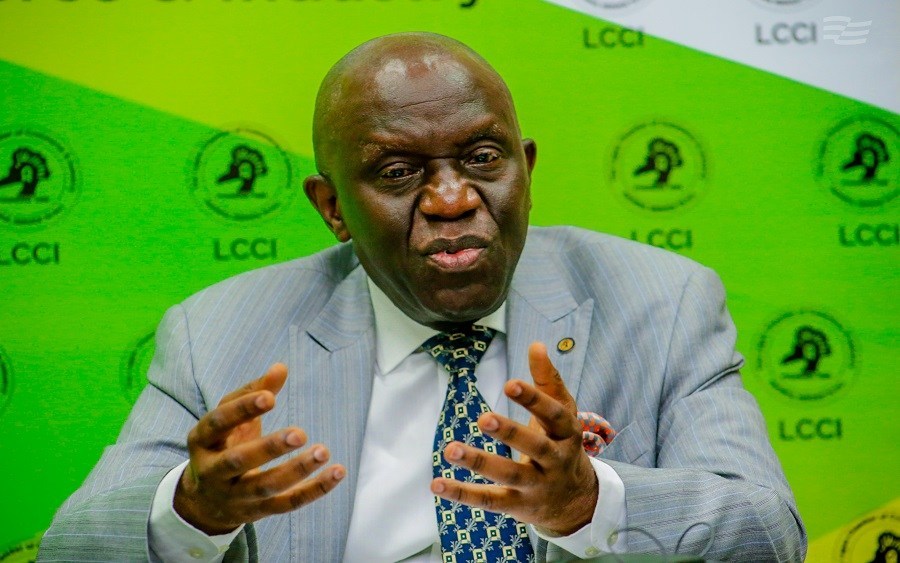BUSINESS
LCCI wants private sector to scale up humanitarian interventions in Nigeria

The Lagos Chamber of Commerce and Industry (LCCI) says it is imperative for the private sector to scale up participation and engagement in the humanitarian space.
Mr Babatunde Ruwase, President of LCCI, made the assertion at the LCCI/International Committee of Red Cross (ICRC) Humanitarian and Social Investment Forum on Thursday in Lagos.
Ruwase said it was beneficial for the private sector to contribute and support social investments tailored toward addressing humanitarian challenges through partnerships that promote a win-win proposition.
“As businesses, we need an environment that is socially and economically stable to do business. We also need the market.
“All of these will not happen in the midst of humanitarian crisis.
“Therefore, commitment to fixing the humanitarian problems and the prosperity of our businesses are not necessarily mutually exclusive, but are mutually supportive,” he said.
The LCCI chief said that the country had continued to experience humanitarian challenges, especially in the North-East, North-Central and South-South.
“According to the Internal Displacement Monitoring Centre (IDMC), the total number of Internally Displaced Persons (IDPs) as at Dec. 31, 2018 stood at 2.2 million.
“Between January and December 2018, new displacements resulting from disasters was 613,000, while new displacements arising from conflicts was 541,000.
“Unfortunately, only 311,000 IDPs are reported to have made partial progress toward a durable solution to their challenges,” he said.
Ruwase acknowledged the government’s efforts in addressing the humanitarian challenges through the National Emergency Management Agency (NEMA), saying that government needed to be supported.
Ruwase said there was urgent need for partnership between the private sector and humanitarian organisations toward finding a lasting and sustainable solution to crisis in the country.
He commended the private sector organisations who had made laudable humanitarian interventions to help address the current situation.
Also, Peter Maurer, President of ICRC, said that ICRC would launch about 10 new financing mechanisms in conflict-hit areas around the world to enable displaced people to have access to food, water and shelter without relying on aid.
Maurer said that ICRC would deepen collaboration with the private sector on funding that would assist the displaced people to start their own small businesses or farms.
The ICRC chief said that it had partnered with the Tony Elumelu Foundation to provide support to small businesses, adding that more of such collaborations were needed in the country.
Maurer urged the government and private sector to scale up interventions in response to the humanitarian crisis.
Similarly, Mr Tony Elumelu, Chairman, Tony Elumelu Foundation, said businesses should view humanitarian interventions as a new way of investing, rather than aid.
Elumelu said that ICRC’s intervention in Nigeria’s humanitarian crisis was significant.
According to him, it is turning the world in a sustainable direction of preventive, positive and transformational change.




 Davido's Net Worth & Lifestyle
Davido's Net Worth & Lifestyle 
